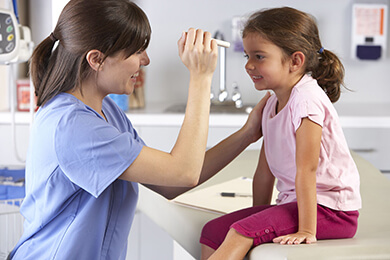If you are undecided about pursuing a BSN, it may help to consider the many great career trajectories that will become available to you after earning one:
Staff Nurse
Care for a variety of patients and work closely with doctors and other nurses. Staff nurses work in hospitals, doctor's offices, clinics, and many other settings.
Nurse Midwife
Deliver babies and provide prenatal and postnatal care to both mothers and infants. The average annual salary for a nurse midwife is around $79,000.
Nurse Educator
Train and educate the next generation of nurses as a nurse educator. Nurse educators typically work for colleges, universities, and other schools.
Critical Care Nurse
Assist people who are in critical condition as a critical care nurse. These professionals typically work in emergency rooms and urgent care facilities.
Travel Nurse
Go wherever demand calls you as a travel nurse. Travel to facilities that have nurse shortages to enjoy superior compensation and other perks.
Nurse Practitioner
Provide primary and specialty care to people from many walks of life. In some states, nurse practitioners can own their own clinics.






